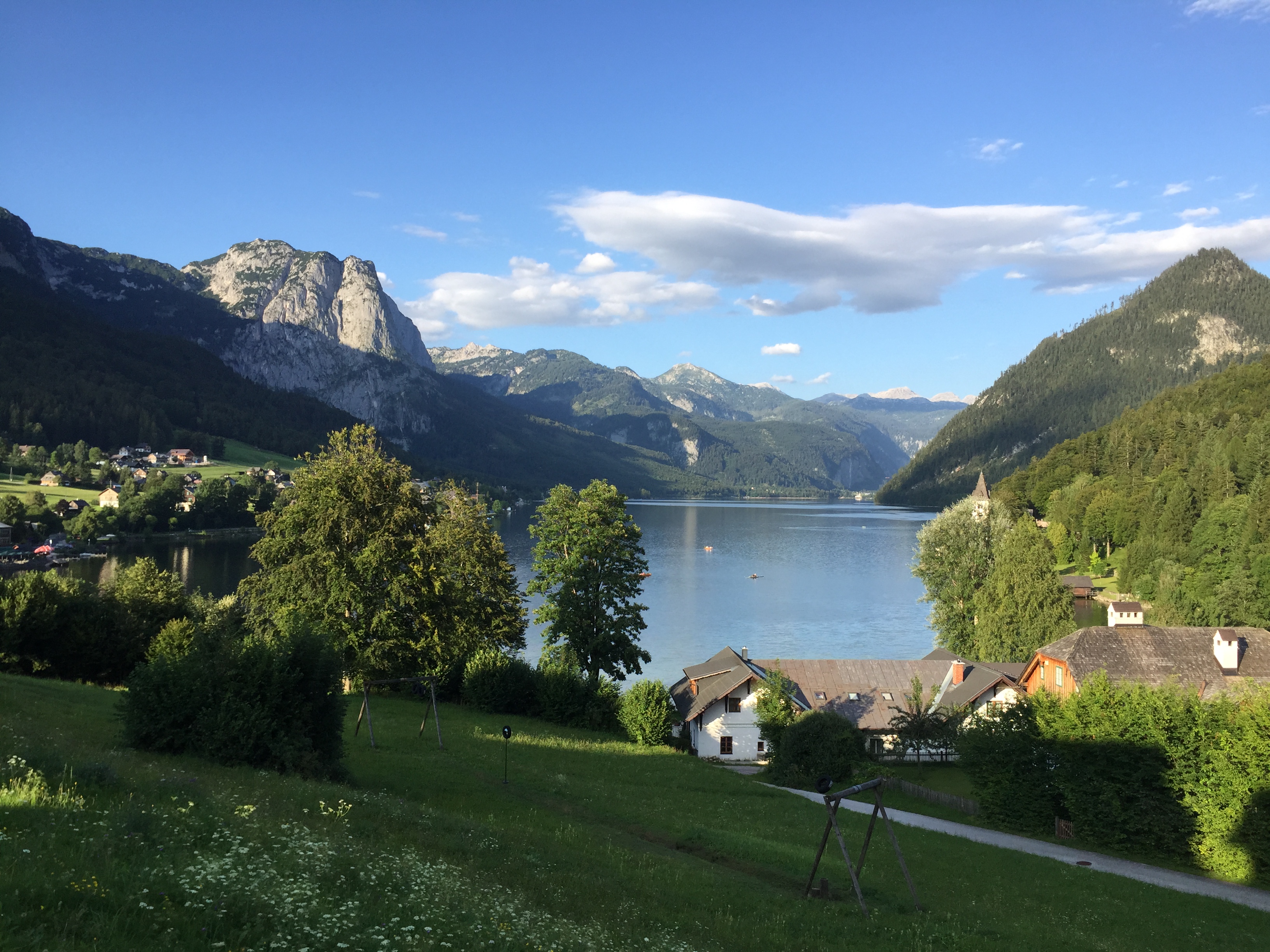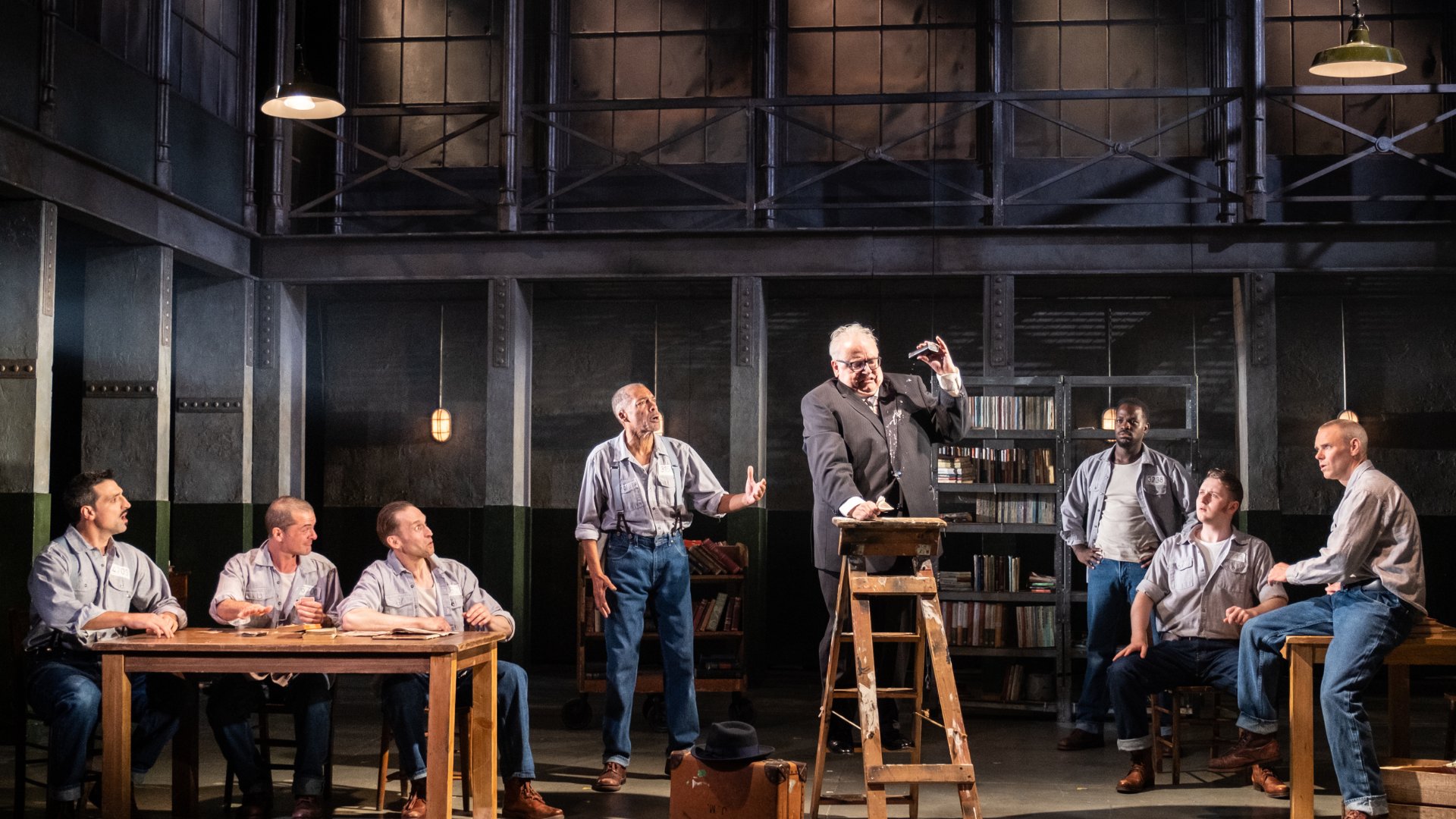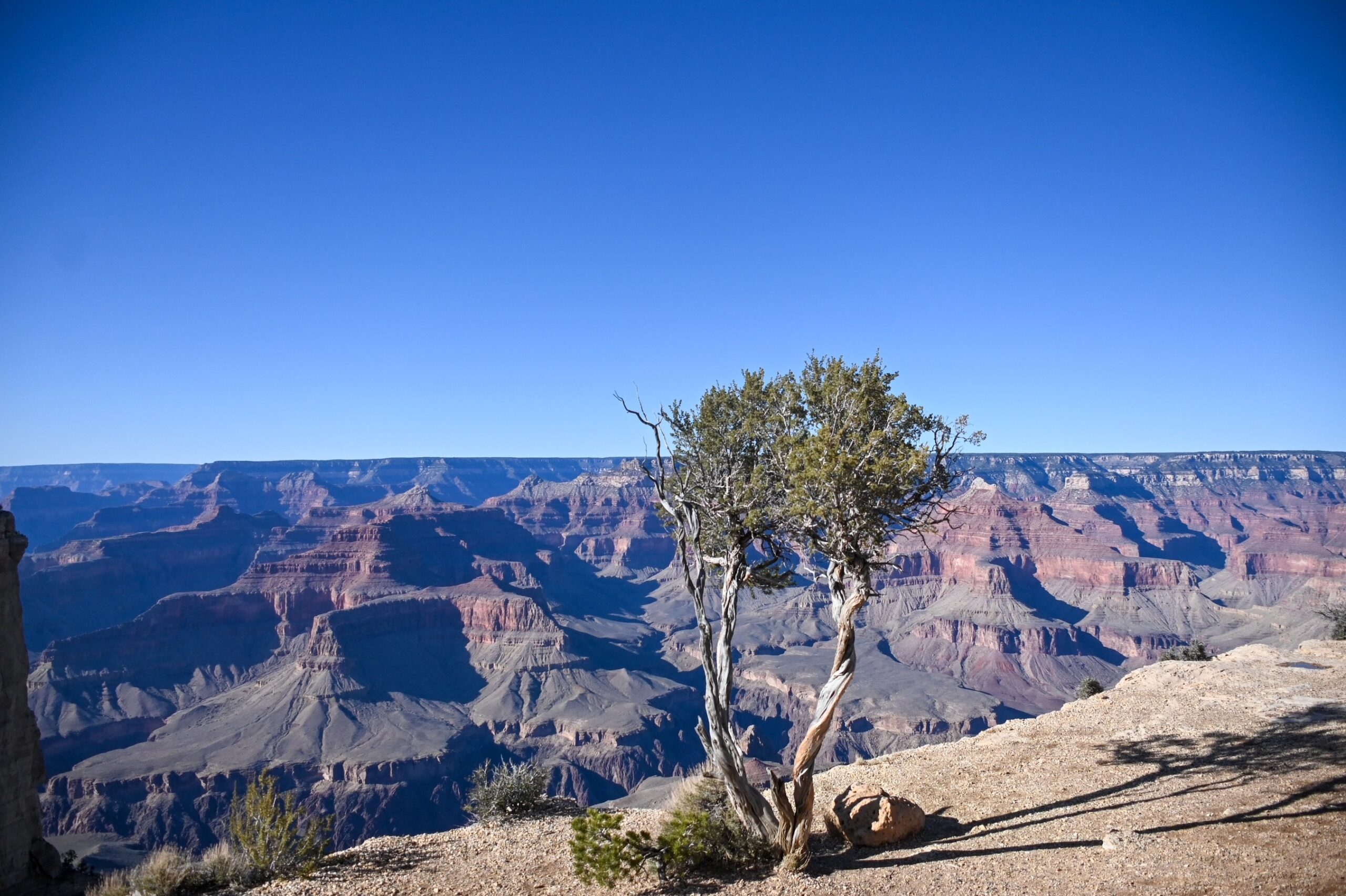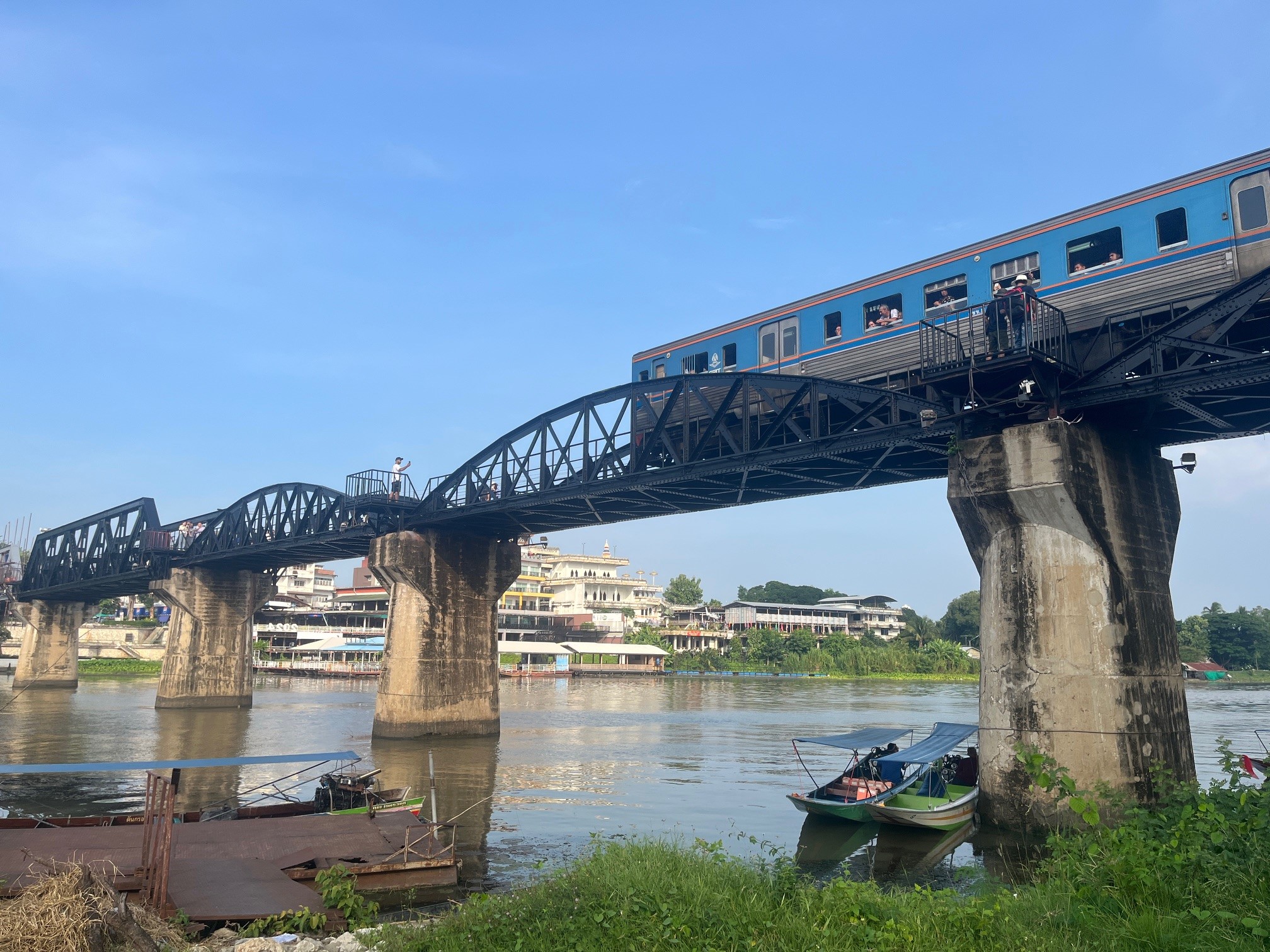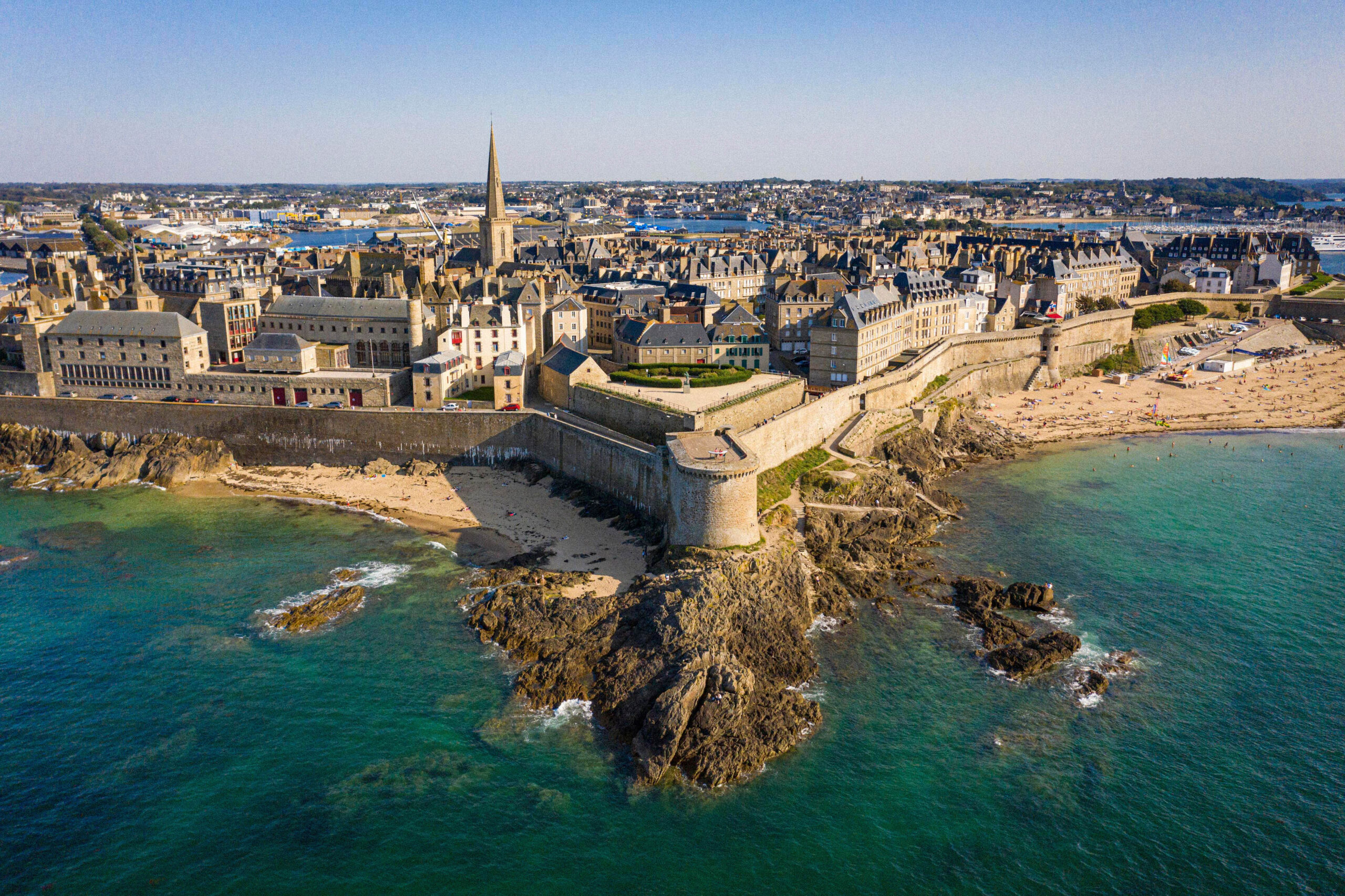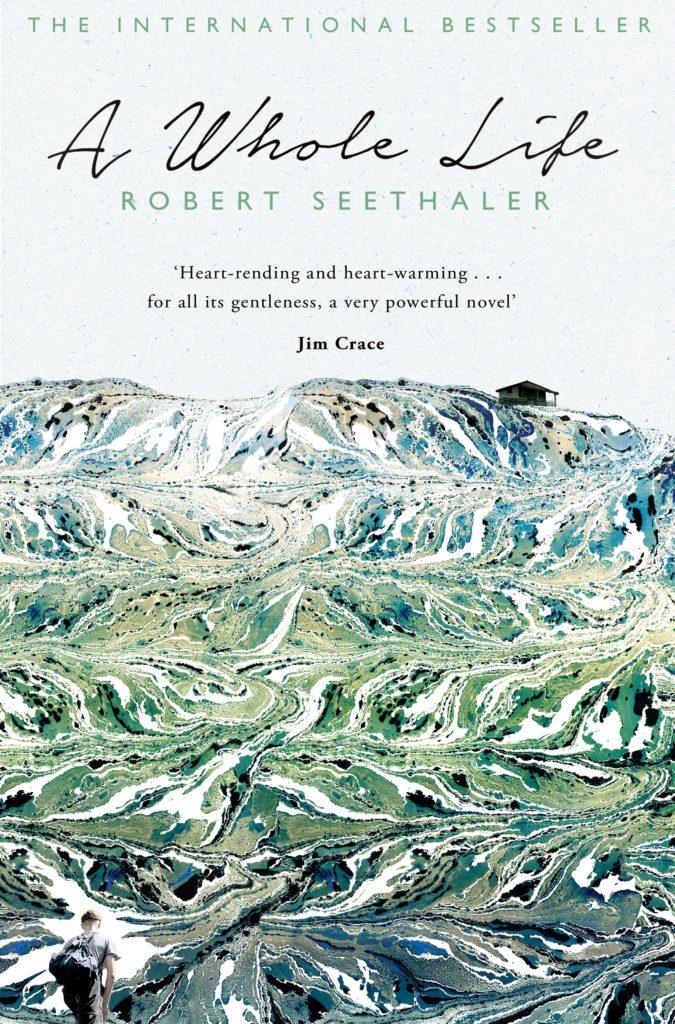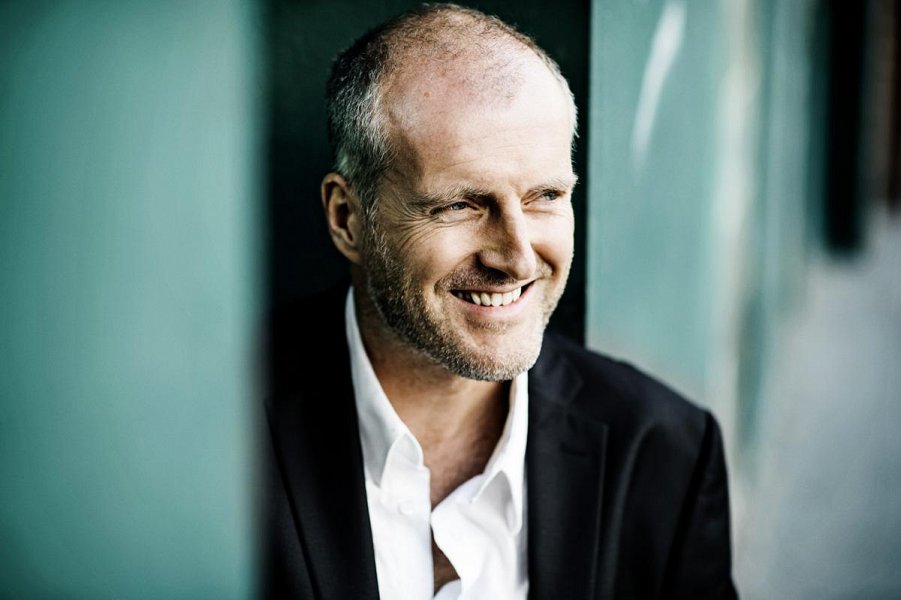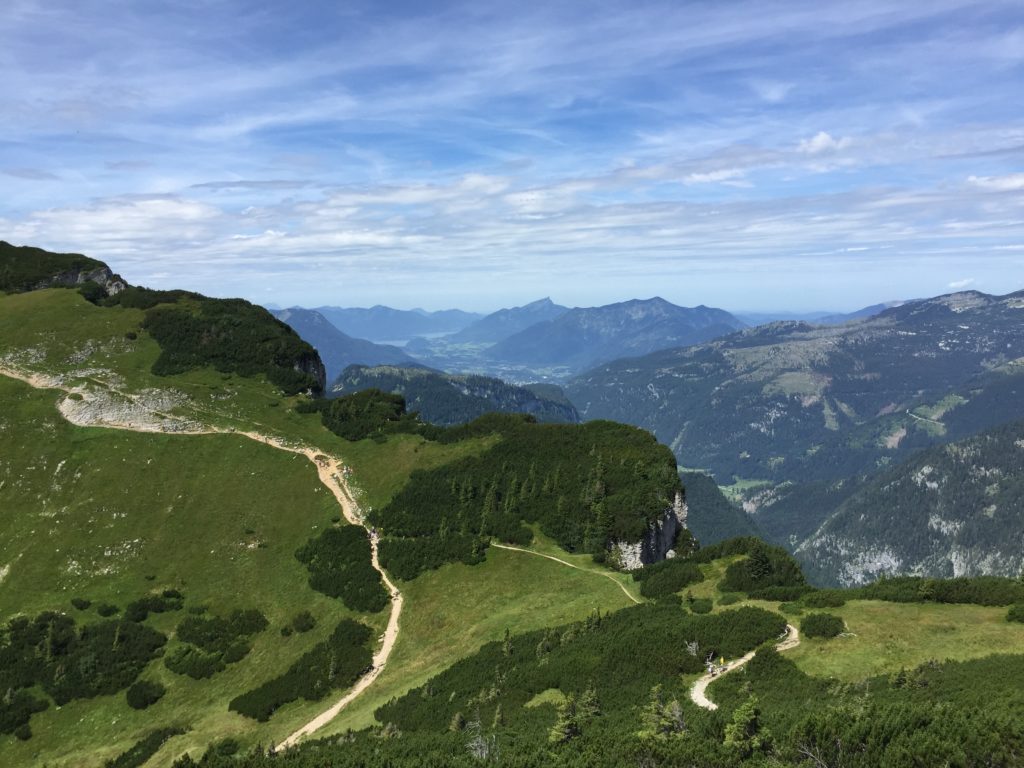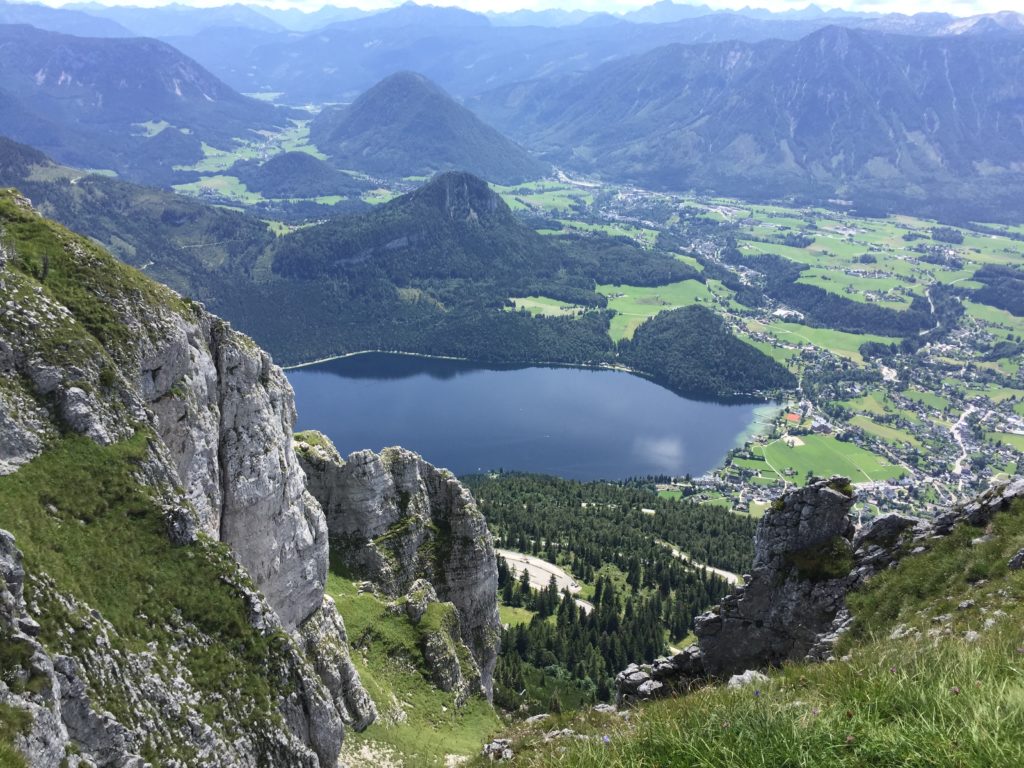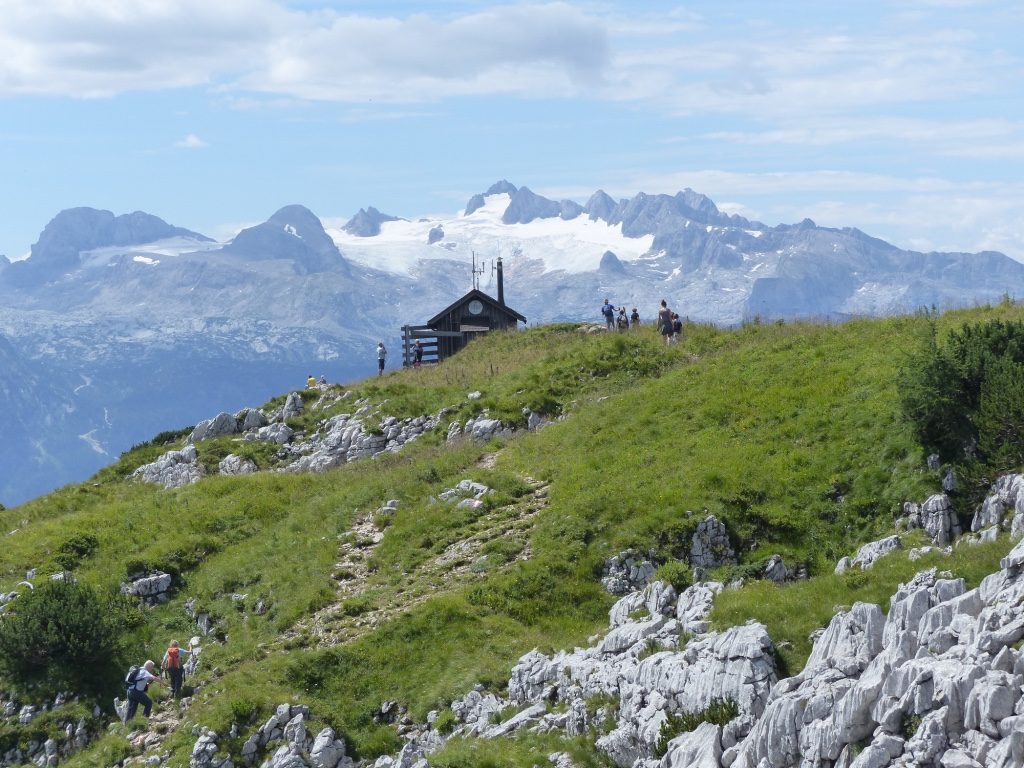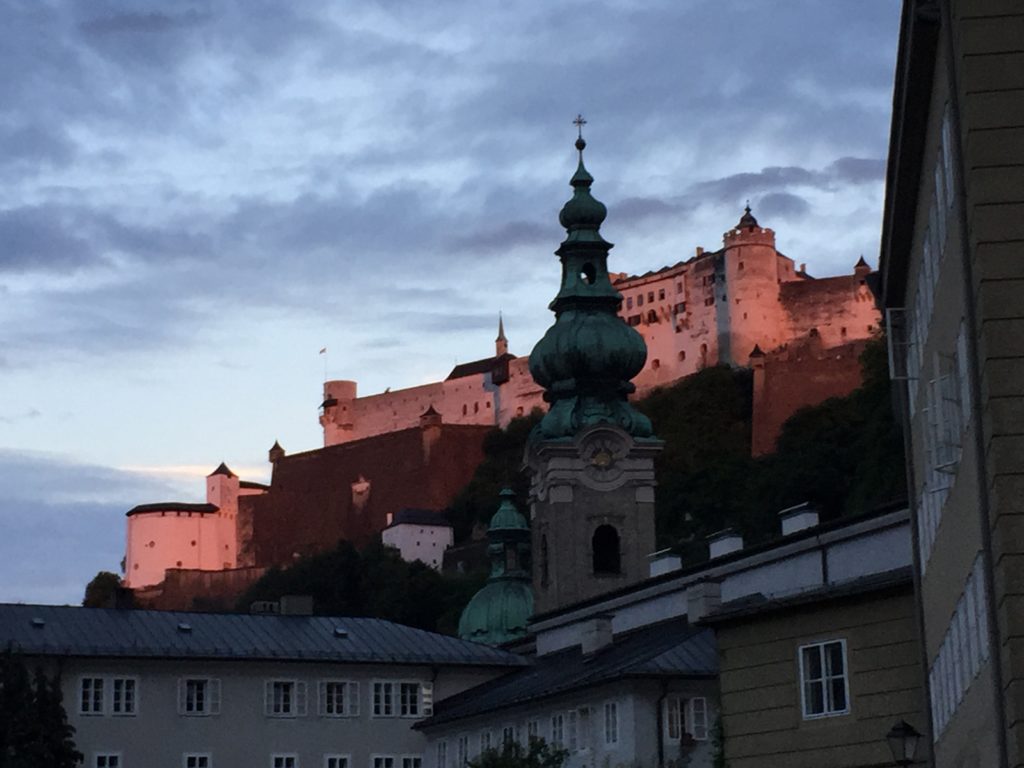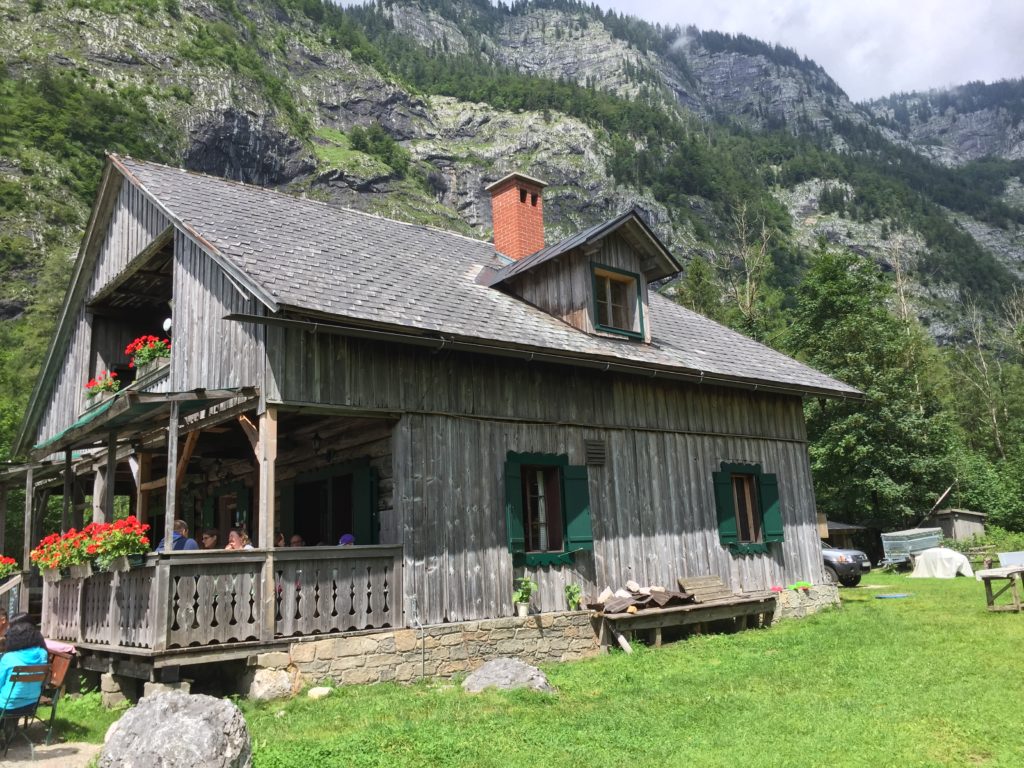A whole and very simple life. And almost entirely lived in a valley in the Austrian Alps. That’s Andreas Egger’s story told by Robert Seethaler, Austrian writer and actor in the spare and powerful 150 pages of « A Whole Life (Ein ganzes Leben) ». Conceived in sin, the four years old Andreas arrives from the city in 1902 and lands in a farm ruled by his mother’s brother-in-law. He becomes the farmer’s scapegoat and is constantly beaten without reason. At some point, the farmer breaks his leg, leaving him with a limp.
A man of few words and without much of an education, but a force of nature, he leaves the farm at 18 and starts working for the company setting-up the cable-car’s towers in the valley. One evening, his colleagues help him light up torches on the mountain’s slope to form in the dark the letters of “For you, Marie”. This is how he declared his love to his wife with whom he would go live in a modest chalet high in the mountain pastures. One night, while he had gone out, an avalanche takes over his house, his wife and the child she was expecting.
The war comes in. Despite his limp and his age, he ends up conscripted in the Wehrmacht and sent to the East Front. Seethaler only devotes a few pages to this long interval of two months of combat followed by six years in a P.O.W. camp in Russia. One episode struck me. During one night, as Egger had been posted a lone sentinel at the forefront, he is awaken by some noise, ventures out of his tent and sits down on a stone. He feels someone is there. With the day’s first lights, he starts perceiving the mute presence of a Russian soldier, thirty meters in front of him, on the other side of the ravine. The Russian holds his rifle on a strap over his shoulder, hand on the stock. In the morning’s silence, they make eye contact. Egger stands up, the Russian turns back and disappears between the rocks.
When he gets back to his valley, everything has changed. He is not needed anymore at the cable car construction company. The little alpine villages open up to winter and summer tourism. Andreas Egger becomes a hiking guide. He would never leave his village again, except once when, already fairly old, he stepped on a bus, and got down at the final stop without knowing where to go further. The friendly bus driver brought him back to the village.
I read this short novel, a small jewel devoid of sentimentalism, during one week of holidays with a group of friends around the Grundlsee. Since many years, we get back together in this region to share walks around the lakes and hikes over the mountains and stop for lunch or a beer in an « alm », a small mountain restaurant. Some evening, we travel down to Salzburg for a concert. We started these holidays before getting married, continued with the babies. The kids grew up, became teenagers and soon adults.
Our lives appear less simple, and certainly less rustic than Andreas Egger’s. But for one week, the beauty of the Austrian lakes and mountains, music’s pull and the tranquil strength of friendships give us a parenthesis as deep and whole as Robert Seethaler’s wonderful book, filled with wisdom and poetry.
